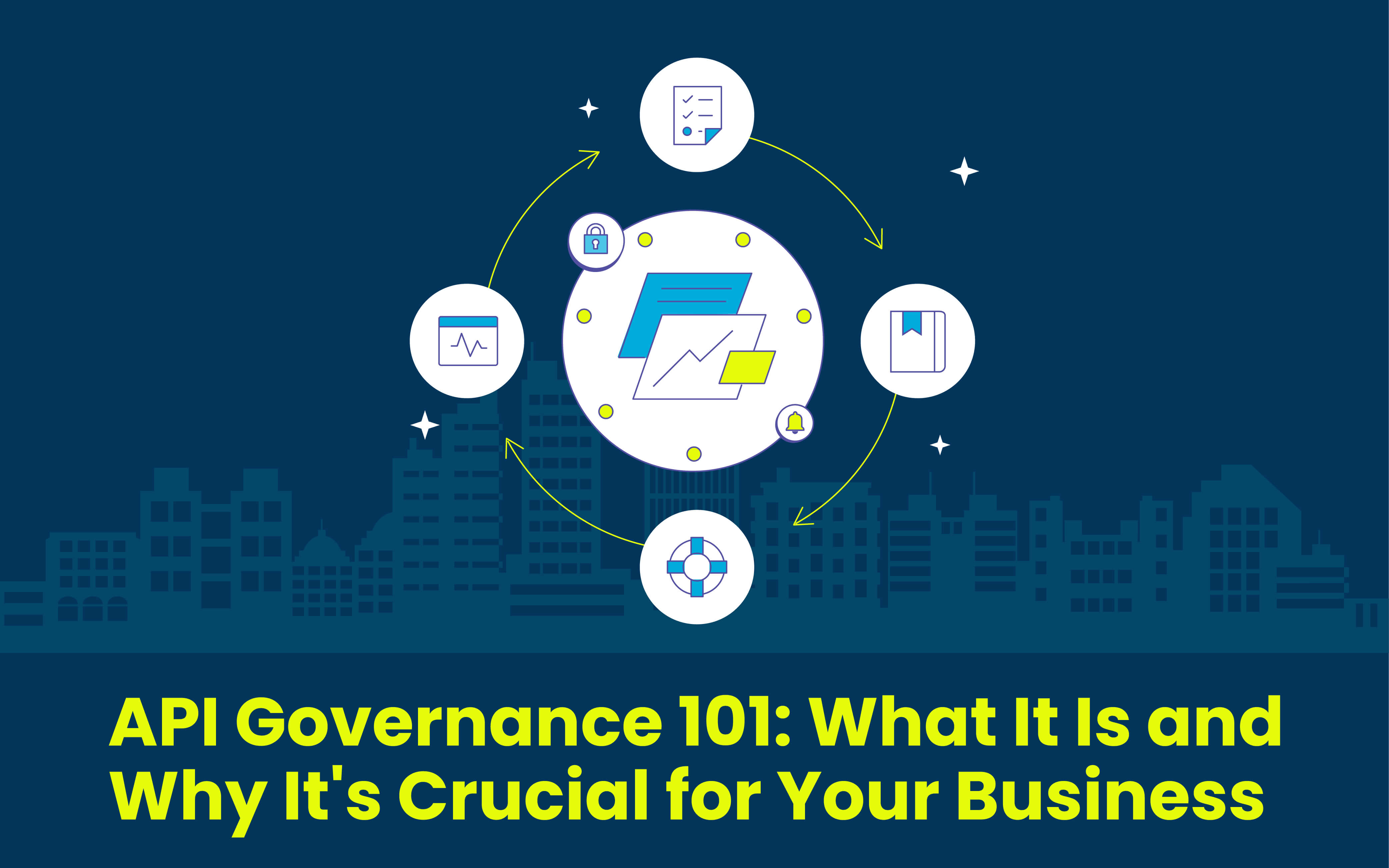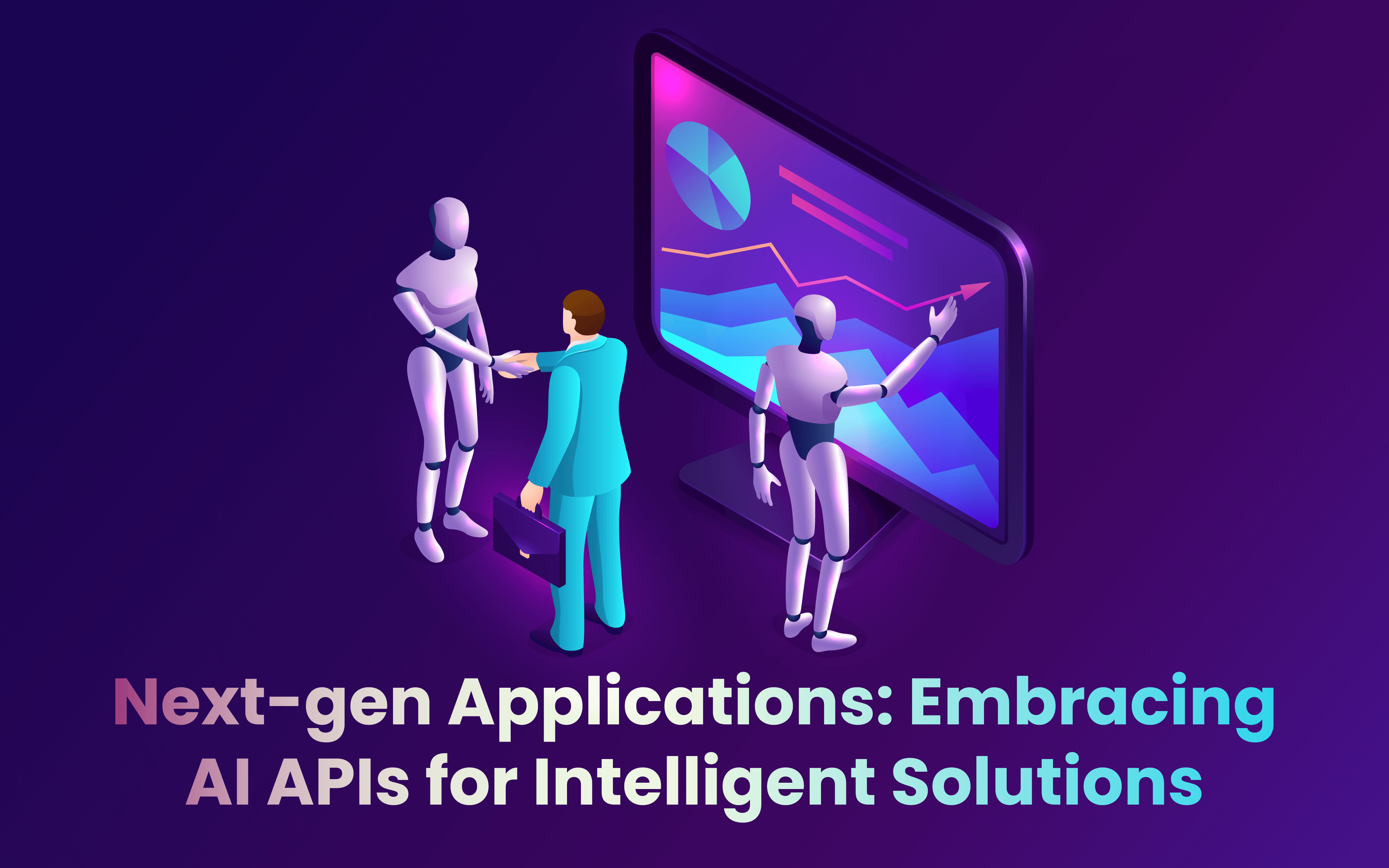Blogs
To know about all things Digitisation and Innovation read our blogs here.
API
API Governance 101: What It Is and Why It’s Crucial for Your Business
SID Global Solutions
25 April 2023

Application Programming Interfaces (APIs) have become essential for modern-day software development. They allow developers to access, use and share data and functionality across different applications, systems, and platforms. However, as the use of APIs grows, so do the challenges in managing them effectively. This is where API Governance comes in – it provides a set of policies, processes, and guidelines that ensure the effective management, security, and compliance of APIs across an organization.
In this guide, we will cover everything you need to know about API Governance, including its definition, importance, benefits, and best practices.
Also Read: How Monitoring-as-Code Improves DevOps Collaboration and Communication?
What is API Governance?
API Governance is a set of policies, processes, and guidelines that ensure the effective management, security, and compliance of APIs across an organization. It encompasses all aspects of API management, including the creation, documentation, deployment, and monitoring of APIs.
The main goal of API Governance is to ensure that APIs are used consistently, securely, and in compliance with industry standards and regulations. It also ensures that APIs are aligned with the business goals and objectives of an organization, and that they support innovation and growth.
Why is API Governance important?
API Governance is crucial for several reasons:
- Consistency: API Governance ensures that APIs are used consistently across an organization, reducing the risk of duplication, inconsistencies, and errors. This helps to improve the quality of APIs and their reliability.
- Security: APIs can expose sensitive data and functionality, making them vulnerable to cyber attacks. API Governance provides a set of security policies and guidelines to ensure that APIs are secured against unauthorized access and other security threats.
- Compliance: Many industries are subject to regulatory requirements that mandate specific standards for the management of APIs. API Governance ensures that APIs are compliant with these regulations, reducing the risk of penalties and fines.
- Innovation: API Governance promotes innovation by providing a framework for the creation and deployment of new APIs. This helps to foster collaboration, experimentation, and the development of new business models.
- Efficiency: API Governance improves the efficiency of API management by providing a centralized platform for the management, monitoring, and reporting of APIs. This reduces the time and effort required to manage APIs, freeing up resources for other tasks.
Also Read: Platform Engineering: The Key to Building Long-Lasting Software Solutions
Best Practices for API Governance
Effective API Governance requires a comprehensive set of policies, processes, and guidelines. Here are some best practices to consider when developing an API Governance strategy:
- Define API Governance policies: Define policies that govern the creation, documentation, deployment, and monitoring of APIs. These policies should be aligned with the business goals and objectives of an organization and comply with industry standards and regulations.
- Establish a centralized API management platform: Establish a centralized platform for the management, monitoring, and reporting of APIs. This platform should provide a single point of control for API management and enable the automation of routine tasks.
- Define API documentation standards: Define standards for API documentation, including API specifications, usage guidelines, and other relevant documentation. This ensures that APIs are well-documented and easy to use.
- Implement API security policies: Implement security policies that ensure that APIs are secured against unauthorized access and other security threats. These policies should include authentication and authorization, encryption, and other security measures.
- Monitor API performance: Monitor the performance of APIs to ensure that they meet the required service level agreements (SLAs). This includes monitoring API availability, response times, and error rates.
- Conduct regular API audits: Conduct regular audits of APIs to ensure that they comply with industry standards and regulations. These audits should include API usage, security, and compliance.
- Foster collaboration and innovation: Foster collaboration and innovation by providing a platform for the creation and deployment of new APIs. This helps to foster collaboration between different teams and business units, and encourages experimentation and the development of new business models.
- Establish a governance committee: Establish a governance committee that oversees the implementation and enforcement of API Governance policies. This committee should include representatives from different business units, as well as IT and security.
- Provide training and support: Provide training and support to developers and other stakeholders on API Governance policies, processes, and guidelines. This helps to ensure that APIs are used consistently and in compliance with industry standards and regulations.
- Continuously review and update API Governance policies: Continuously review and update API Governance policies to ensure that they remain relevant and effective. This includes keeping up to date with new industry standards and regulations, as well as incorporating feedback from stakeholders.
Also Read: The API-First Approach: Why it Matters for Modern Software Development
Conclusion
API Governance is essential for effective API management in modern-day software development. It provides a set of policies, processes, and guidelines that ensure the effective management, security, and compliance of APIs across an organization. By promoting consistency, security, compliance, innovation, and efficiency, API Governance helps organizations to improve the quality of their APIs, reduce risk, and drive business growth. By implementing best practices for API Governance, organizations can ensure that their APIs are well-managed, secure, and compliant, while fostering collaboration and innovation across different teams and business units.









